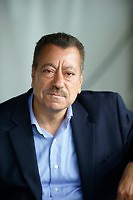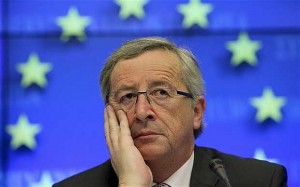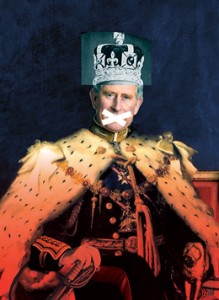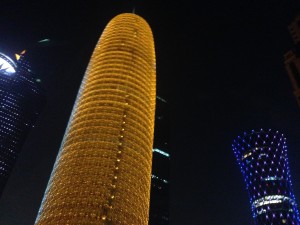It is not only America’s or Europe’s antagonistic policies which drove Putin to endanger peace and stability in Europe.
25 years after the fall of the Berlin wall Russia’s president took to the stage in his Kremlin on March 18 to tell the world: „The Germans should understand the Russian need for re-unification.“ Valdimir Putin looked very serious when he said that, although I guess he was chuckling inside. In 1989 he was not at all happy that the East Germans broke through the wall to get to West Berlin. Because they ran away from him, the Soviet KGB officer in Dresden. He did not see the collapse oft he Soviet Union as liberation from a dictatorship; for Putin the end oft he real socialist empire was a catastrophe. The joy of the „Ossis“ to finally be reunited with the decadent, capitalist West was a personal humiliation for the young Russian.
I am getting tired of this anecdote of Vladimir Vladimirovich’s early life. As traumatising as it was, it does not explain his behaviour today. Putin did not seriously expect understanding from the Germans for his theft of Crimea. „Instead they threaten us with sanctions“, he complained. „Since the 17th century, this policy of containment against Russia has been in place, but it is still going on. Our western partners have crossed the line, they have acted irresponsibly.“











